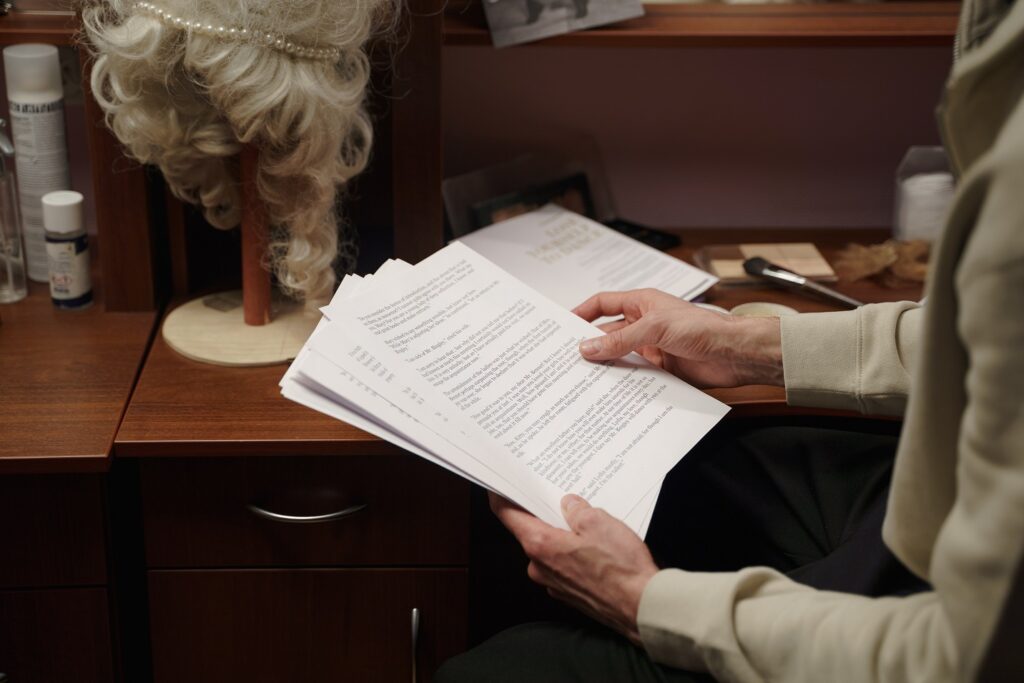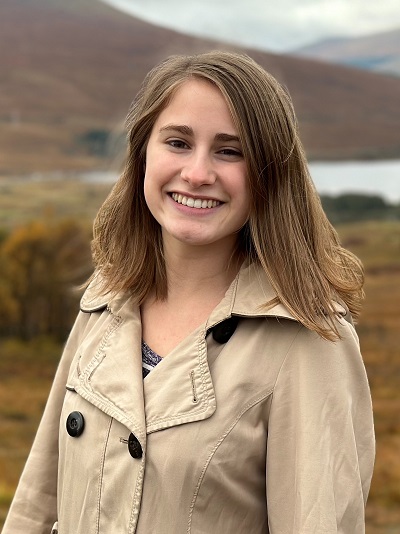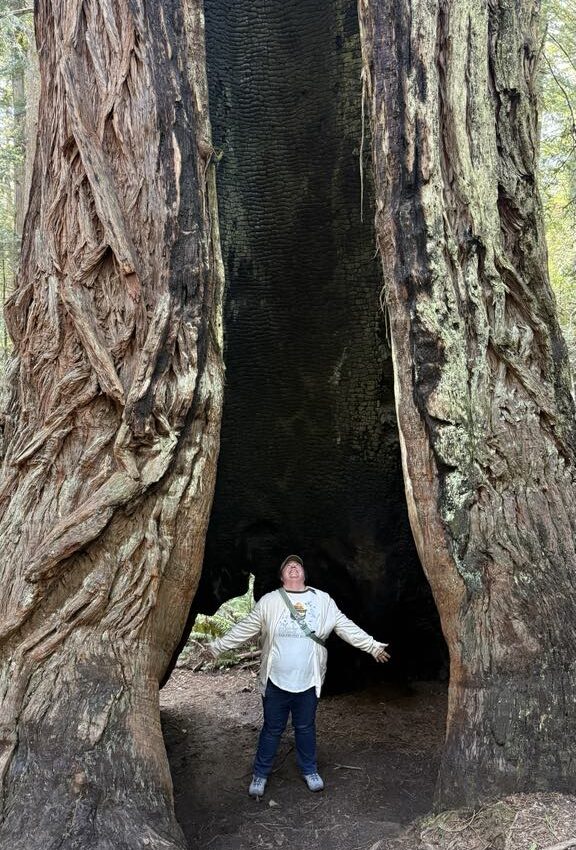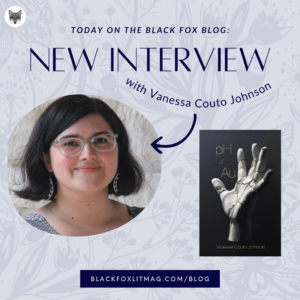
I attended a theater camp every winter when I was in high school. Usually, I played a background character who delivered a line or two during the production. But my senior year, I got a small, yet substantial role that required me to learn more about acting than I ever had before. And what I learned was surprising—that acting is not so different from writing.
Our director told us that acting is not, for example, about picking a way to stand or deciding how to deliver a line. Instead, it is about connecting with the character. You do your best to become them. Figure out what they are thinking, how they are feeling in a certain situation. Find where those thoughts and emotions exist in your own life. When you feel what the character feels, you speak the way they would. Your body moves as theirs would. You do not have to think about what you are doing—the character does it for you.
This same mindset translates to creative writing. If I want to create a certain emotion, I cannot do so by quibbling over what descriptors I will use or how I will construct a sentence. Yes, vocabulary and syntax are vitally important. But I cannot start there. I have to start with the character. How can I understand what they are feeling? Is there a time in my past where I felt something comparable? How could I put that into words? When I take the time to understand a character on this level, my representation of them feels truer, less fabricated.
Seen from this angle, every experience in life can help me understand people better and thereby become a better writer. A simple example: every odd job I take adds to my knowledge of different occupations and working conditions. Perhaps in a future story I will need to write from the perspective of a harried waitress. I can relate now! What’s it like to look after a crowd of little kids for hours on end? I can write from experience. An added bonus is that I’ve become more familiar with how young children speak and interact, allowing me to write child characters more realistically.
Or, take my placement as an English teaching assistant in France. During my seven months there, I encountered the struggles of speaking a new language and navigating a new country. Now that topic has popped up in my current work-in-progress. You can imagine any other scenario—including those both uplifting and devastating—and there is always something to be learned.
This is why I find it incredibly valuable, as a writer, to go after varied opportunities and explore interests far and wide. Not only do you gain more empathy for those around you, but you also increase the database of what you have to draw on as a storyteller. You can connect personally with more kinds of experiences, emotions, and characters. No detour is wasted as an artist. Whether trivial or life-altering, every experience adds to our understanding of the world and of how the human heart and mind operate.
This understanding is at the core of all storytelling. Once a story feels real on an emotional level, the subject matter doesn’t matter. Take any beloved fantasy or science-fiction series. The worldbuilding and plot twists could be intriguing, but it is the characters and very realistic human drama that pull people in. We wouldn’t keep reading if the author didn’t make us care about the characters. Sometimes we keep reading even when the plot deteriorates simply because we love the protagonists so much. The trick, then, is in creating stories that feel honest. The process of doing so is not so different from an actor preparing for a role. After all, the true skill of an actor is not in how they inflect their voices or shape their expressions, though these things are integral to their performance. Instead, it is knowing how to tap into a character’s mind and heart. Once their thoughts and feelings become yours, you do not have to act. You simply are. And the audience believes. In the same way, if I want to connect with my characters the way I learned to connect with my role on stage, I first need to spend time in their shoes. Sift through my own being and past experiences to see where we overlap. And then write from there.

Charissa Roberson is a young writer and life-long reader from Lake Linganore, Maryland. She is currently pursuing an MFA in Creative Writing at Hollins University in Virginia. Her previous work can be found in several places in print and online, including Running Wild Anthology of Stories Vol. 6, Black Fox Literary Magazine, River and South Review, 45th Parallel, and Manawaker Studio’s Flash Fiction Podcast. When not dwelling in imaginary worlds, she loves exploring the real one, watching and making films, learning languages, and playing Irish tunes on her fiddle.



